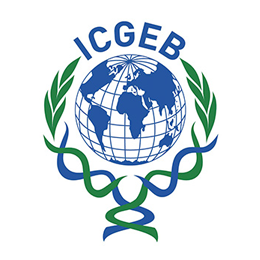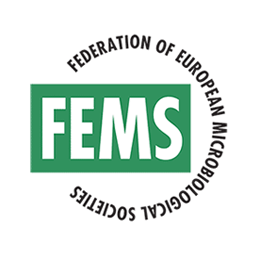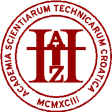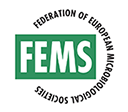Blaž Stres

Blaž Stres is affiliated as Associate Professor with the Department of Animal Science of Biotechnical Faculty, with the Institute of Sanitary Engineering of Faculty of Geodetic Civil Engineering, and as Research Associate with the Faculty of Medicine, University of Ljubljana. His research activities took place at the Centre for Microbial Ecology, Michigan State University, USA; INRA and University of Bourgundy, Dijon, France; Swedish Agricultural University, Uppsala, Sweden; Mediterranean Institute for Advanced Studies, Esporles, Spain; Department of Microbiology, University of Innsbruck, Austria. His research interests are systems biology approaches in medicine, complex data analyses, bioinformatics and development of high impact computing resources and benchmarking methods in life science (https://scholar.google.com/citations?user=7klM9j4AAAAJ&hl=en). Special focus is given to understanding how our view of the system is shaped by methodological bias and interconnection of multiscale layers of information. Focus of current work is on anaerobic systems that range from full scale biogas reactors, optimization experiments, over the transcription and production of effective enzymes within high-altitude wild ruminant ecosystems, towards human intestinal tract microbiome, using top-down multi ‘omics approaches and HPCC. This research crosses the disciplinary boundaries, linking together scientists and projects from Institute Jožef Stefan, University Medical Centre Ljubljana, National Institute of Chemistry, Faculty of Electrical Engineering, Faculty of Civil Engineering and Faculty of Social Sciences and works at integrating multilevel information to understand the systems functioning. He teaches at the University of Ljubljana and the University of Innsbruck, at BSc, MSc and PhD levels.
































